Operating without Power
Blackouts, brownouts, and other electrical issues can occur anywhere. When there is a power disruption, hospitals need to ensure patients are not affected.
Hospitals and other types of healthcare facilities turn to backup power systems. Hospital emergency power generators with transfer switches and switchgear are the most common solution.
The backup generator automatically kicks in when a disruption in the electrical system occurs. The emergency power system keeps medical devices and the lights functioning until electricity is restored. Here’s a closer look at hospital emergency power requirements, including the codes and industry standards.
Hospital Emergency Power Requirements
The National Fire Protection Association (NFPA) Life Safety Code (also called NFPA 101) requires all medical facilities with patients dependent on life-saving devices install and maintain emergency power systems. The hospital emergency generators must be properly maintained and tested. The generators are also regulated under NFPA guidelines.
NFPA 99
NFPA 99 covers the essential power requirements for hospitals in Chapter 6. Two risk factors are discussed and the EES (essential electrical system) requirements.
Type 1 backup electrical systems are required when death or serious injuries are possible due to a power failure. Type 2 systems can be used when a power outage is unlikely to place patients at risk. Type 1 hospital emergency power generators are required to meet strict guidelines.
NFPA 110
NFPA 110 provides requirements for testing backup generators, specifically Level 1 power systems. These are the systems that maintain power in critical areas during an electrical failure.
NFPA 70
Also referred to as the National Electrical Code, NFPA 70 focuses on electrical equipment safety and installation. It includes specific regulations on how quickly power must be restored during a disruption. It also states all loads must have access to the emergency power system within a specific timeframe.
Different Types of Hospital Emergency Power Generators
There are several types of hospital emergency power generators. Here’s a look at the ones most common found in medical facilities.
Diesel
Diesel generators are highly efficient and some of the most commonly used in hospitals.
Gas
Gas generators are not as common as diesel, but the machine produces less carbon emissions. The generators are often connected to a natural gas distribution system, allowing them to run longer without the need for a fuel delivery.
Mobile
Mobile hospital emergency power generators are typically a secondary source of power for the backup system. These generators can be brought in to supplement power if the backup system fails. However, mobile generators are typically used at healthcare facilities without life-saving equipment.
Microgrid
A microgrid is a self-sufficient power system that relies on a combination of energy producing devices. It can include mobile, gas, and diesel emergency backup generators, along with wind and solar power.
There is a lot to understand when it comes to emergency power for medical facilities. We suggest reading, Understanding Emergency Standby Power for Commercial Facilities, for a more in-depth view of how the systems work.
Hospital Emergency Power Generator – Best Uses
Emergency backup generators are not designed to power all electrical systems in hospitals, especially in larger facilities. Electrical load management is essential to ensure the generator is only responsible for what it is designed to handle. Using switches and other technology, hospitals can connect and disconnect loads as needed to maximize generator use.
To learn more about hospital emergency generators and power requirements, contact us today. Call 610-558-9773, email [email protected] or schedule a call.



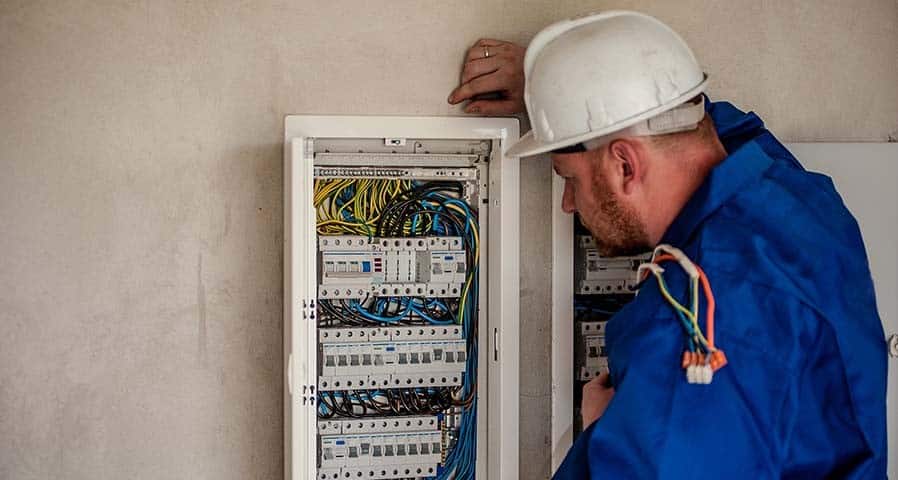
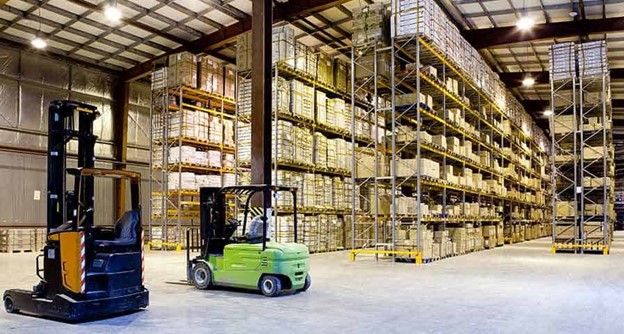
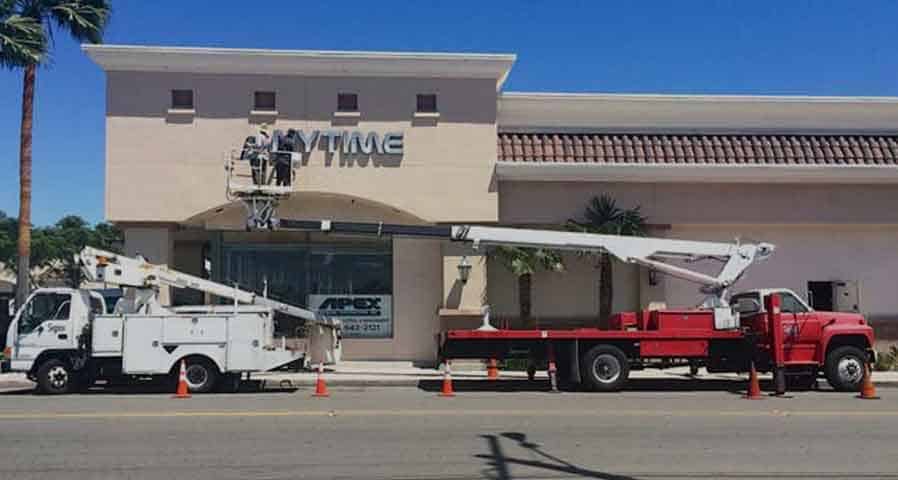


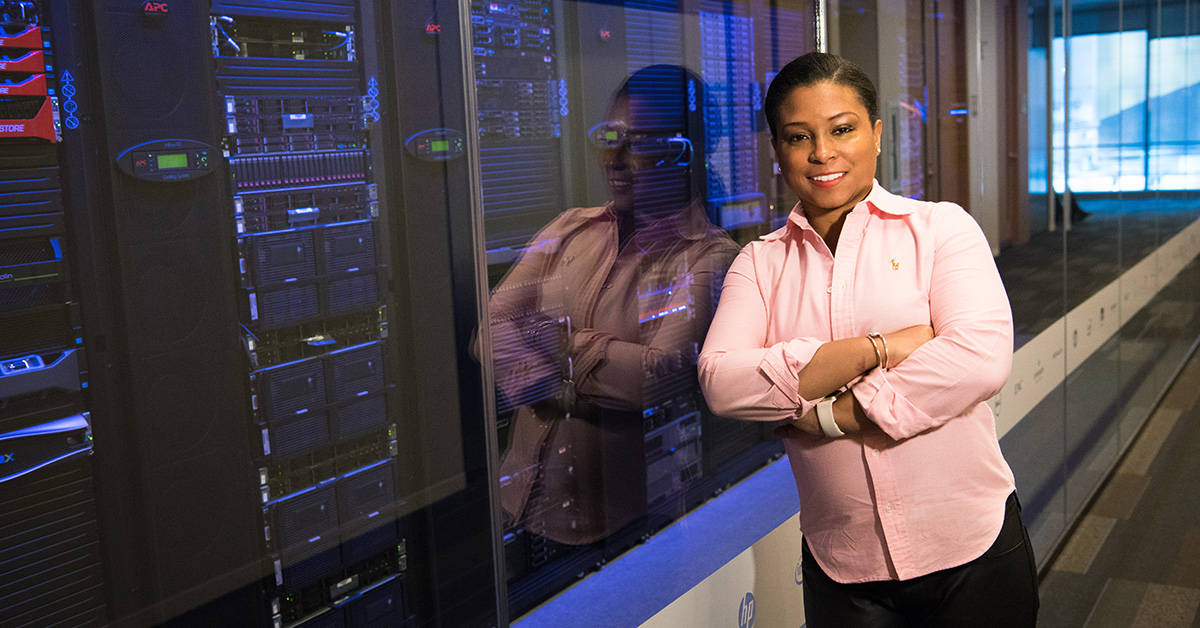




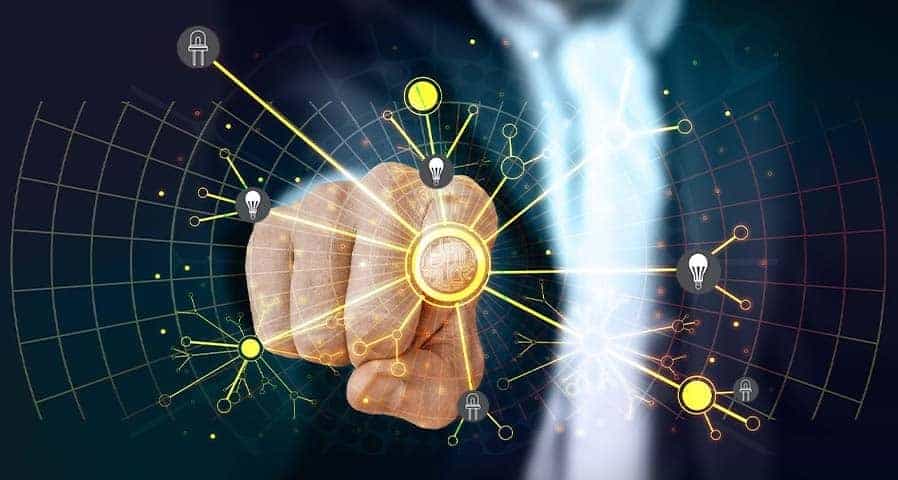
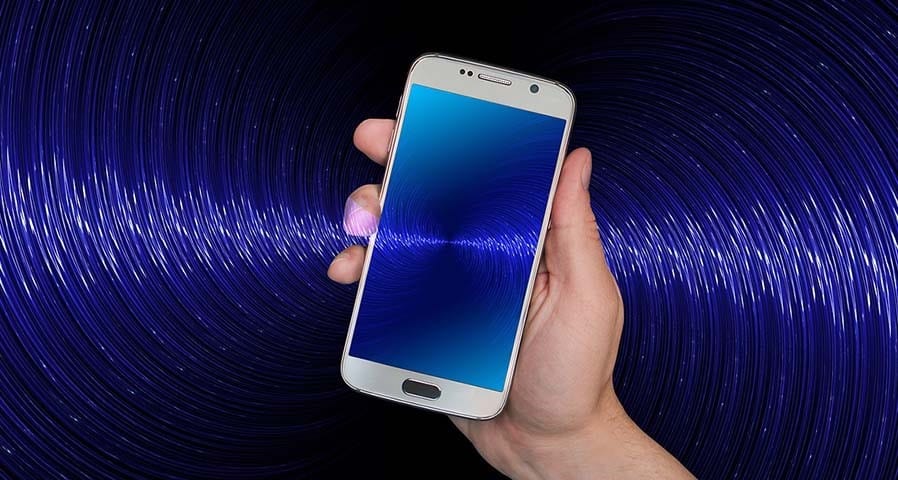

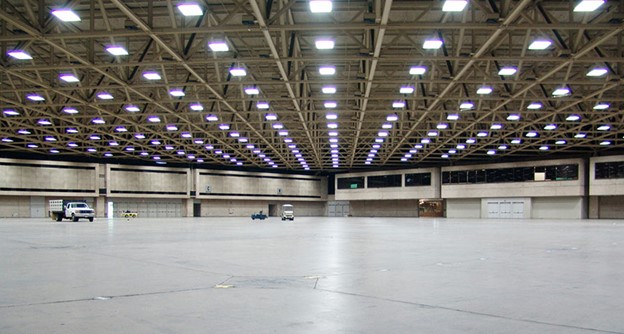
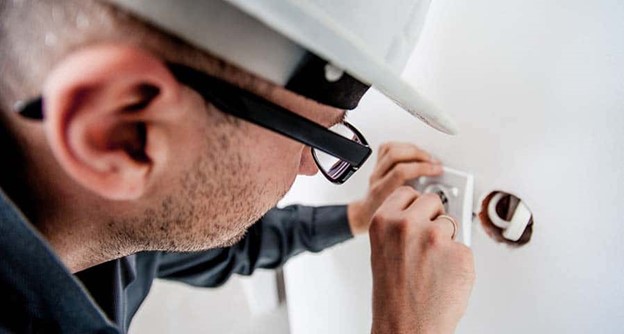

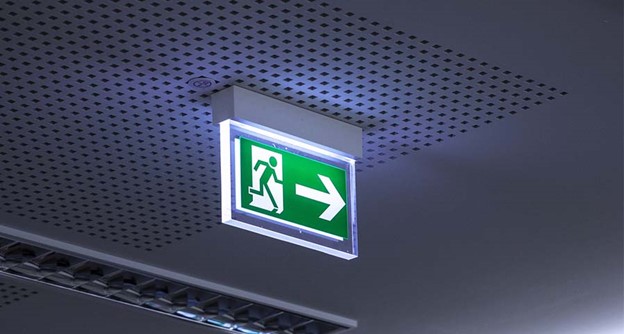
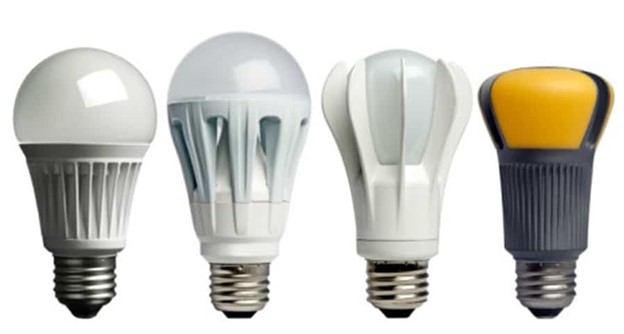
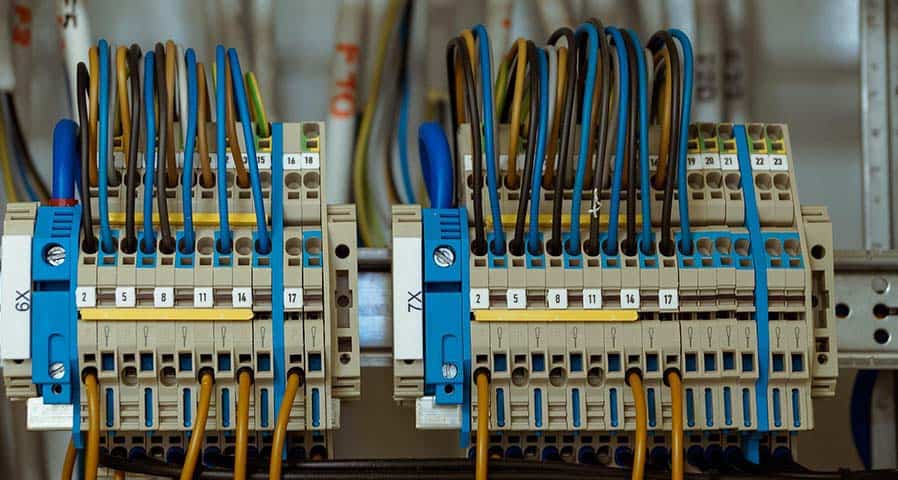
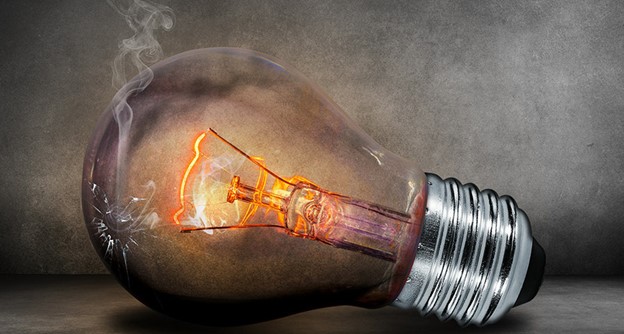

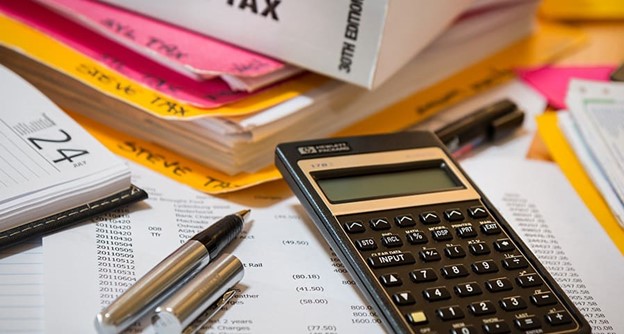
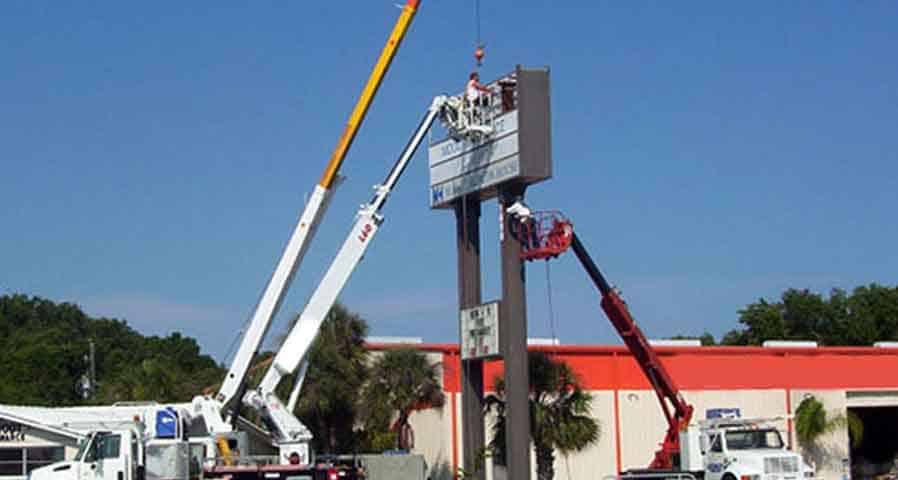

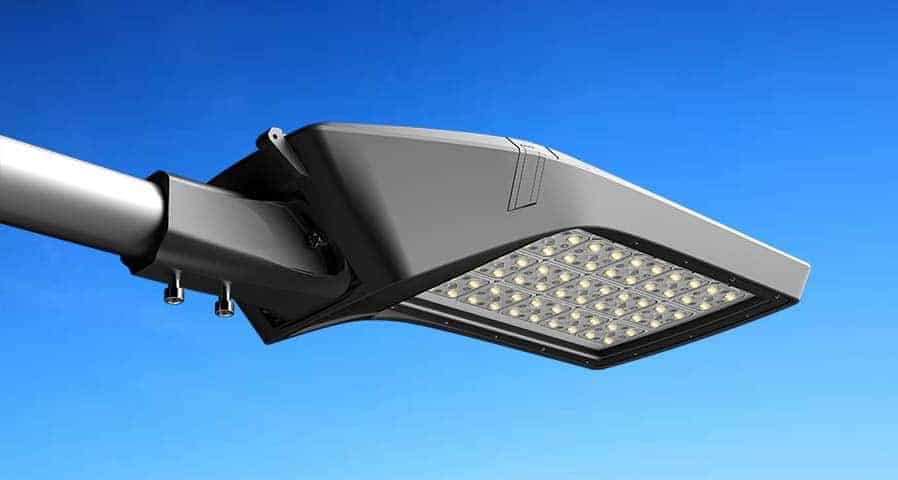
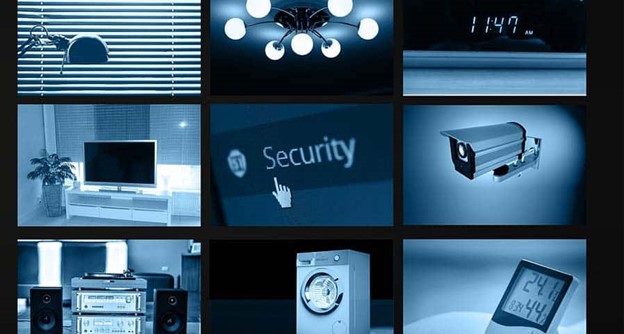

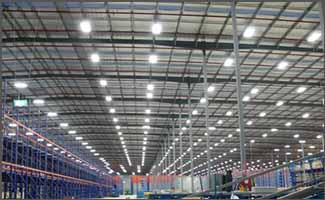
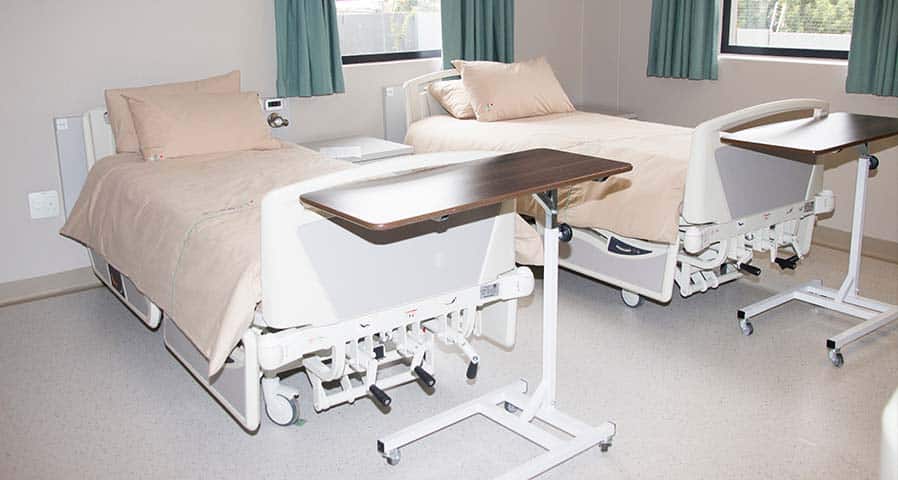





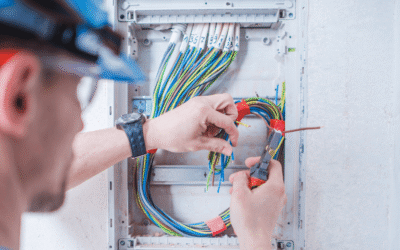
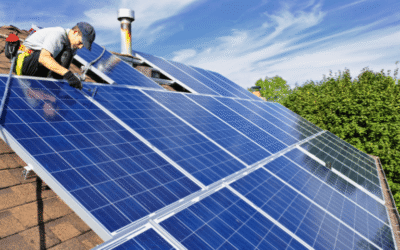


0 Comments